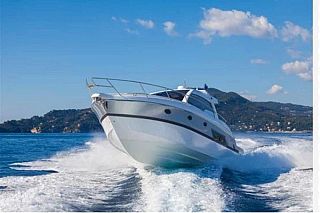Bsale Resource Centre
Welcome to the Bsale resource centre for education on buying or selling a business in Australia. Well researched and expert articles by business brokers and allied professionals are published weekly. This resource centre aims to keep business owners advised on the latest trends, news and information on business sales and franchise opportunities. Be sure to check out the Bsale guides on buying a business and selling a business for checklists and questions you should be asking.
8 Mistakes to Avoid When Buying a Business
1. Define Your Goals Identify what you want from the business. Are you looking for growth, stability, or a new chal... Read More » 1 min read
Navigating Due Diligence in Business Sales: Overcoming Common...
When selling a business, the due diligence (DD) process is a pivotal step in ensuring a smooth transition from seller to... Read More » 3 min read
6 Breathtaking Coastal Australian Businesses for Sale
Australia's breathtaking coastline offers endless opportunities for business owners (and aspiring business owners), lo... Read More » 5 min read
3 Biggest Mistakes I See Sellers Make with Due Diligence
Selling your business is an exciting journey, but it can also be challenging, especially during the due diligence phase.... Read More » 2 min read
8 Ways Leaders can Build Stronger Work Relationships
Work relationships are at the heart of everything we do. Whether you’re leading a team, collaborating with peers, or... Read More » 4 min read
Don’t Buy a Business Until You’ve Seen Its BAS, PAYG, and...
The headline says it all. Reviewing the tax compliance of any business you are considering as a potential purchase is... Read More » 3 min read
Why Being a Maverick Entrepreneur Requires you to Risk Nearly...
In today’s rapidly evolving business landscape, being a maverick entrepreneur often means going beyond the traditi... Read More » 5 min read
7 No Bake Cafes You Can Walk Into
The cafe culture in Australia is well known world wide for being one step ahead of the rest. Aussies take their morning... Read More » 6 min read
Weekly updates on business sales and advice, delivered to your inbox. Sign up to Newsletter
BSALE MAGAZINE

EDITION 96 IS ONLINE NOW - NOVEMBER 2024







